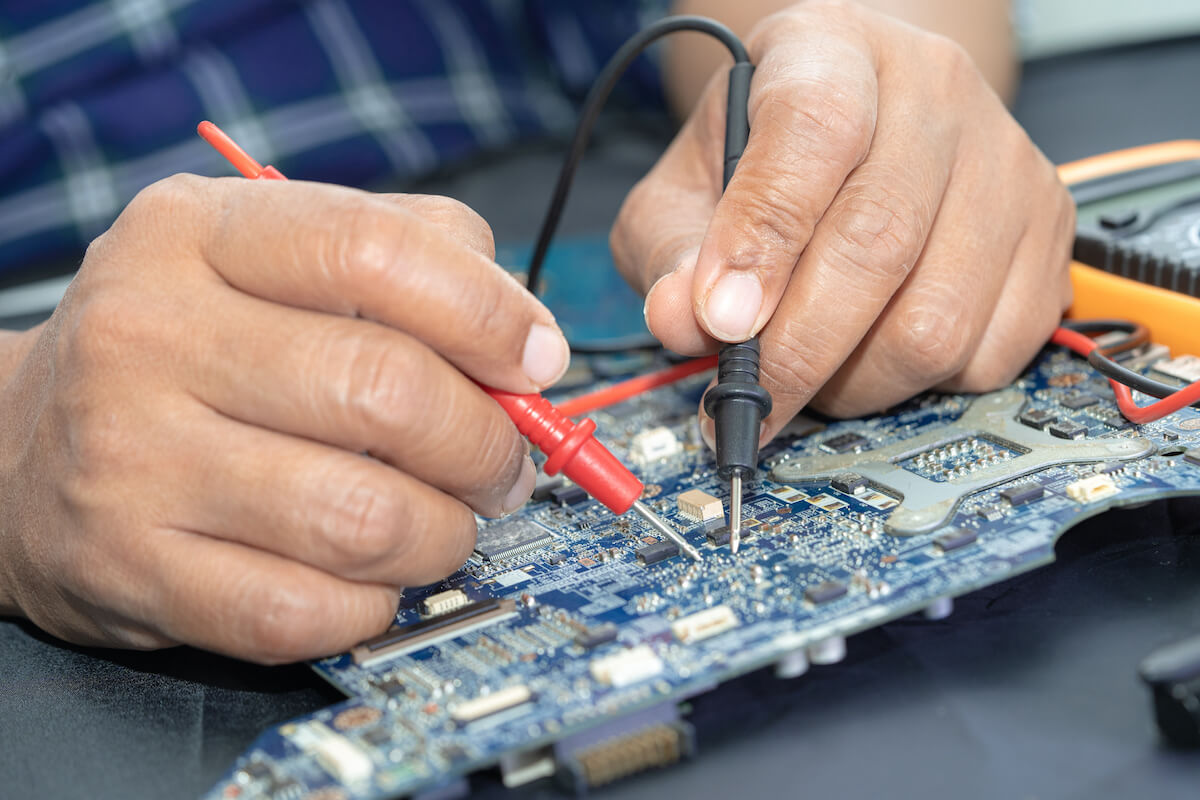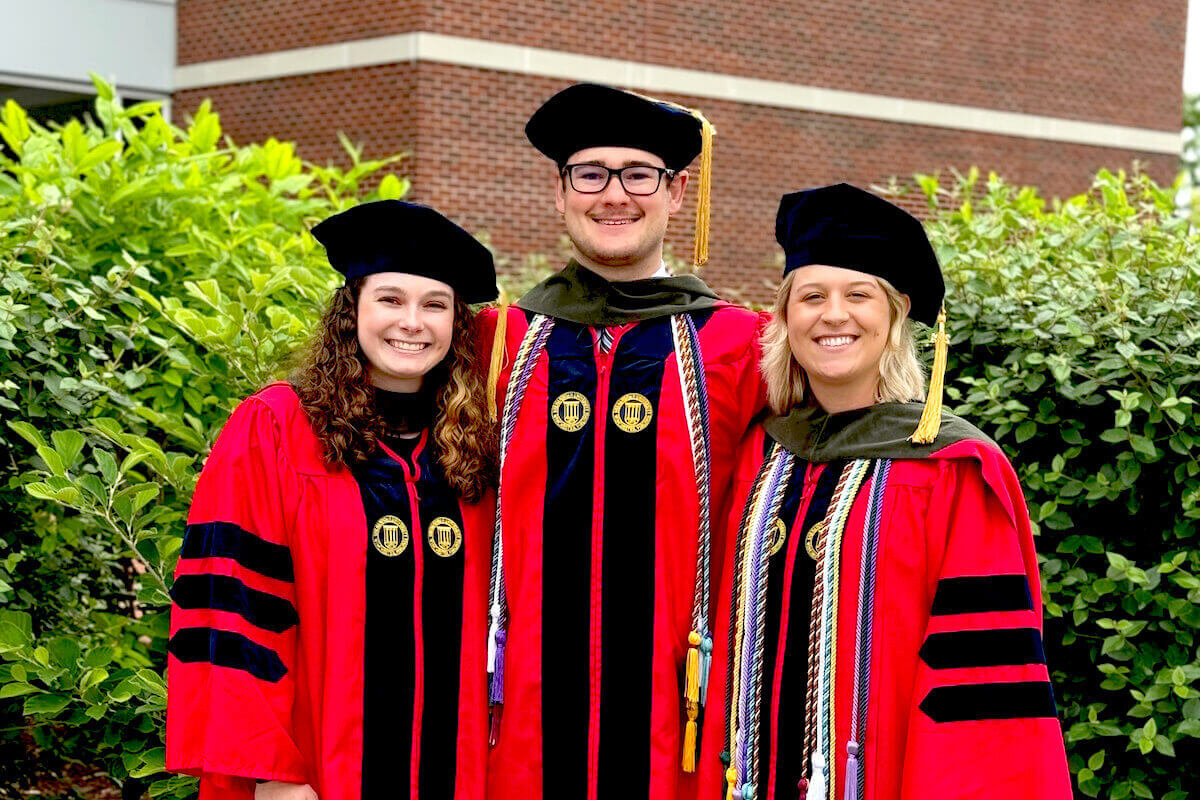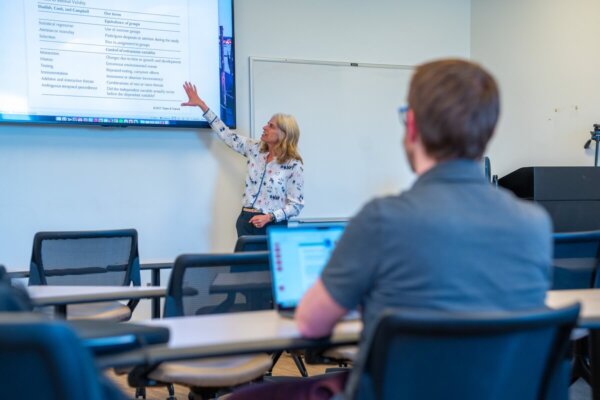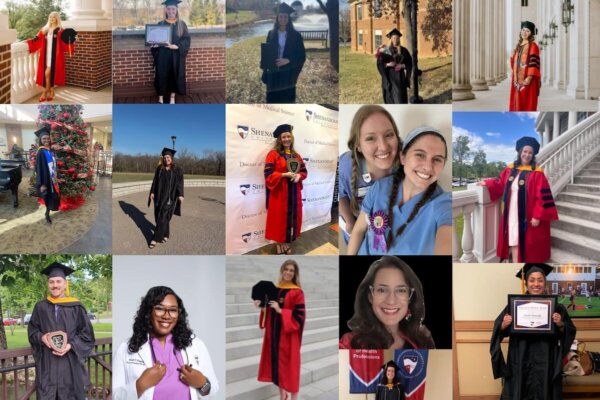Shenandoah Adding New Engineering Program In Fall 2023
Program will include concentrations in computer, simulation and software engineering and engineering physics

Shenandoah University is excited to announce that it is expanding its already diverse list of academic offerings by adding a new undergraduate engineering program with four unique concentrations in Fall 2023.
The Bachelor of Science in Engineering provides students at Shenandoah, which is a growing Virginia private university, particularly in STEM fields, with the essential mathematical, scientific and durable real-world skills – while at the same time promoting vital capabilities such as problem-solving, critical thinking, collaboration and adaptability – that will enable graduates to pursue engineering and associated careers, or to advance to graduate studies in engineering or related disciplines.
Shenandoah University continues to evolve its interdisciplinary science, technology and mathematically oriented academic degree offerings. Recent integrated successes of the Division of Applied Technology (DAT), which includes pathways in computing, data science, information technology, and design programs; the Shenandoah University Center for Immersive Learning (SCiL); collaborative audio arts; and esports programs, indicate the university’s leadership and market orientation. Our Virginia-based undergraduate engineering program builds on those successes, and will dramatically increase opportunities available to current and future students while opening avenues for additional growth.
Shenandoah University regularly reimagines degree paths that prepare learners to fill essential roles in our society and to equip them with the skills necessary to thrive in high-demand, high-paying jobs after graduation. Our list of technical programs continues to expand, and we’re excited to introduce these undergraduate engineering programs, which reflect our institutional strength.”
Cameron McCoy, Ph.D., Shenandoah University provost
All students in the program will complete a 50-credit engineering core that will provide foundational knowledge in math, programming, science, ethics and engineering design. The program will also feature 18-credit concentrations in computer engineering, engineering physics, simulation engineering and software engineering.
The computer engineering concentration provides a background for designing, analyzing, building and testing computer hardware and software components and systems. Career paths include robotics, manufacturing, satellite technologies and electronics design.
The engineering physics concentration teaches fundamental physical concepts and methods required for solving modern engineering problems. Students in this concentration will learn the skills needed to develop new propulsion and energy systems, design and test sensors, and advance the field of quantum computing.
The simulation engineering concentration develops the skills necessary to create and employ computational and graphical models of real-world systems and processes. Shenandoah’s simulation engineers will be able to build financial models, evaluate technology investment alternatives and predict public health challenges.
The software engineering concentration focuses on engineering concepts and methods required to design, develop, maintain, test and evaluate computer software systems. Software engineering graduates will be able to build web and mobile applications, help make self-driving cars safer, and implement secure and reliable data systems.
“Engineering occupies the exciting interface between patiently crafted scientific theories and the real-world challenges of resource constraints, measurement limitations, and competing design objectives. Practicing engineers must have a high level of technical skill and abilities to precisely formulate problems, manage complexity and uncertainties, revise and test prototypes, and create new solution methods. Shenandoah University’s engineering program will develop leaders and innovators through meaningful course exercises on faculty-mentored student teams, senior design projects, and professional internships.”
Ralph Wojtowicz, Ph.D., director of Shenandoah’s Division of Applied Technology





